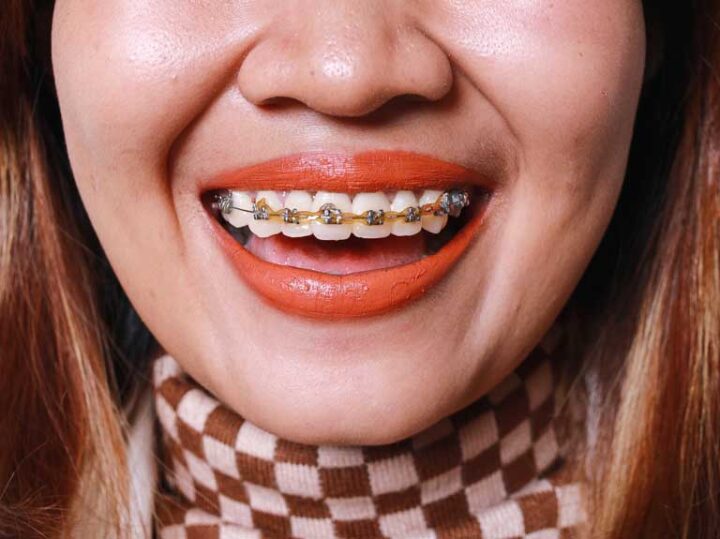It would be no surprise if many of us were experiencing stress and anxiety at the moment. Not only does stress affect our physical and mental health, but it can have a big impact on our oral health as well.
Bruxism or ‘Grinding’
Bruxism is characterised by excessive clenching or grinding of the teeth. It is an involuntary jaw movement dis-function, and is often caused by stress and anxiety. Headaches, a tired jaw, premature wearing of the enamel and sensitive teeth, and even a stiff neck, are among the most common symptoms.
Most people with bruxism are unaware they are grinding or clenching as it often occurs at night during sleep but daytime bruxism is also common. Over 30% of the population is affected by this disorder and the trend is on the rise.
Studies have shown that bruxism is more prevalent in children than adults (!) and that stress levels are the main determining factor.
Bruxism hypothetically can be cured if we could totally eliminate stress from our lives but as there are no current answers to this age old question, then for the moment we at best can look at managing its effects. If detected early, and in the absence of other diseases, a custom-made mouth splint can be recommended. Otherwise referred to as a dental splint, it is worn at night and relieves pain by helping improve the position of the jaw joint – known as the TMJ (temporomandibular joint) – and thus reducing stress elsewhere in the jaw and surrounding facial muscles.
If you think you or a loved one may be a ‘bruxer’ make an appointment to see your dentist after ‘circuit break’ and we can review and recommend accordingly.
Poor diet leading to dental decay
Sugary foods might be your comfort foods, and we eat and drink more of them when stressed. Working from home, or home schooling, we have more opportunity for a quick snack as diversion, than we do when we are in the office environment. Unfortunately biscuits, soft drinks, alcohol (after work hours of course), and chocolate can promote tooth decay.
If you are eating more sugary foods remember to brush your teeth regularly and drink plenty of water during the day to wash down the acids that can form plaque on your teeth. SOME sugar is good for you, and helps keep you healthy; you don’t need to avoid sugar that occurs naturally in whole foods. Just be aware that even when added sugars are marketed as ‘healthy’ or ‘natural’ they will still cause harm to your teeth and are no better than any other types of added sugar.
If you have been reaching for more of the comfort foods than you would normally you might want to book in for a check and clean with your dentist after the circuit break is over.
Mouth Ulcers
Mouth ulcers are small, painful lesions that develop in your mouth or at the base of your gums. They can make eating, drinking, and talking uncomfortable. Women, adolescents and people with a family history of mouth ulcers are at higher risk for developing mouth ulcers. Mouth ulcers aren’t contagious and usually go away within one to two weeks but they can be irritating and make eating and drinking painful.
There are a few causative factors which contribute to the formation of mouth ulcers; stress and anxiety having been linked to their development.
Most mouth ulcers usually don’t need treatment. However, if you get mouth ulcers often, if they are extremely painful or they do not resolve within 2 weeks, you can seek the help of a dentist to check the status of your oral health.
Finally, it is worth remembering that your dental health is as important as your physical and mental health during these stressful times.
 Dr Brendan Gin is an Australian dentist based at Smilefocus. He moved to Singapore in 2000 after working 9 years in private practice in Melbourne. Please contact Smilefocus to make an appointment.
Dr Brendan Gin is an Australian dentist based at Smilefocus. He moved to Singapore in 2000 after working 9 years in private practice in Melbourne. Please contact Smilefocus to make an appointment.











